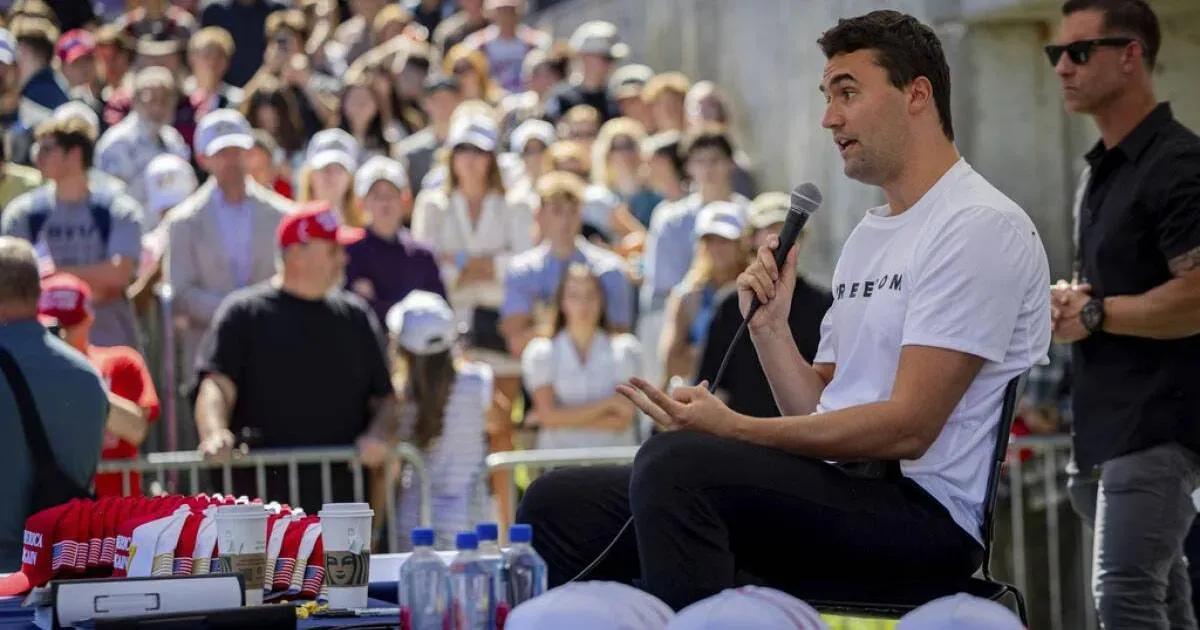The assassination of **Charlie Kirk**, a conservative activist and a key figure in the pro-Trump movement, occurred on September 10, 2025, during an event at the **University of Utah Valley**. This incident not only shocked public opinion in the United States but also reignited the debate on **political violence** in the country. The crime, allegedly perpetrated by a sniper, took place in front of about 2,000 people, becoming a symbol of the increasing **social polarization** and the dangers faced by public figures in an increasingly hostile political climate.
Kirk's trajectory as a conservative youth leader and founder of Turning Point USA had positioned him as one of the most influential voices in the **MAGA (Make America Great Again)** movement, solidifying his proximity to President Donald Trump. However, his assassination transcends the individual figure: it reflects the deepening of a confrontational dynamic where political debate transforms into a terrain laden with **hate, threats, and physical violence**.
In recent years, the United States has recorded an increase in episodes of **attempted attacks, armed assaults, and harassment** against both conservative and progressive leaders. From the Capitol riot in 2021 to multiple shootings in political or community contexts, the country shows a concerning pattern: ideological disagreement is no longer confined to the sphere of discourse but translates into violent actions aimed at intimidating or eliminating opponents.
This scenario raises fundamental questions about the **fragile democracy**, the ability of institutions to contain violence, and the role of extreme discourses circulating on social media and partisan media. Kirk's death, beyond the personal and political tragedy, acts as a **symbolic detonator** that exposes the risks of radicalization in the American public arena.
The assassination of Charlie Kirk cannot be understood solely as an isolated event, but rather as part of an **escalation of political violence** that permeates the United States. Polarization, fueled by radical discourses and the lack of minimum consensus, has turned ideological confrontation into an increasingly dangerous terrain. If effective mechanisms for dialogue, security, and deradicalization are not generated, the country risks normalizing episodes of violence against political figures, further undermining trust in democracy and its institutions.

Comments